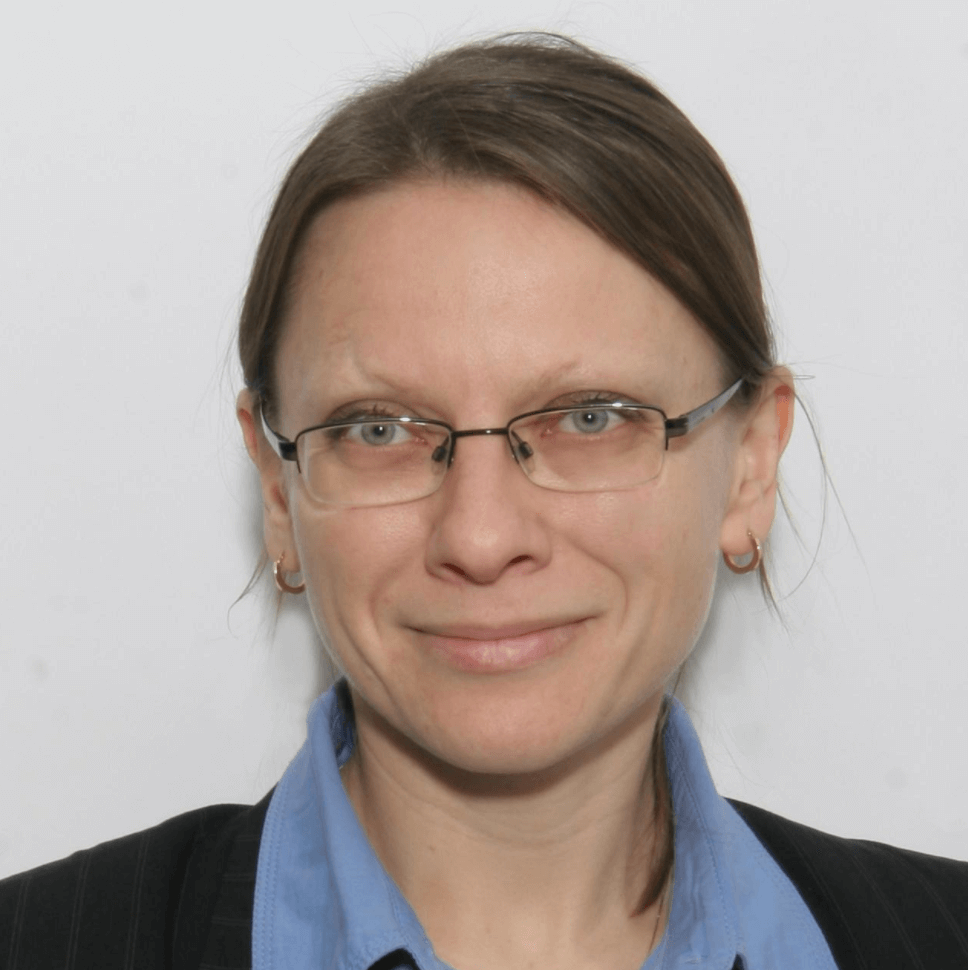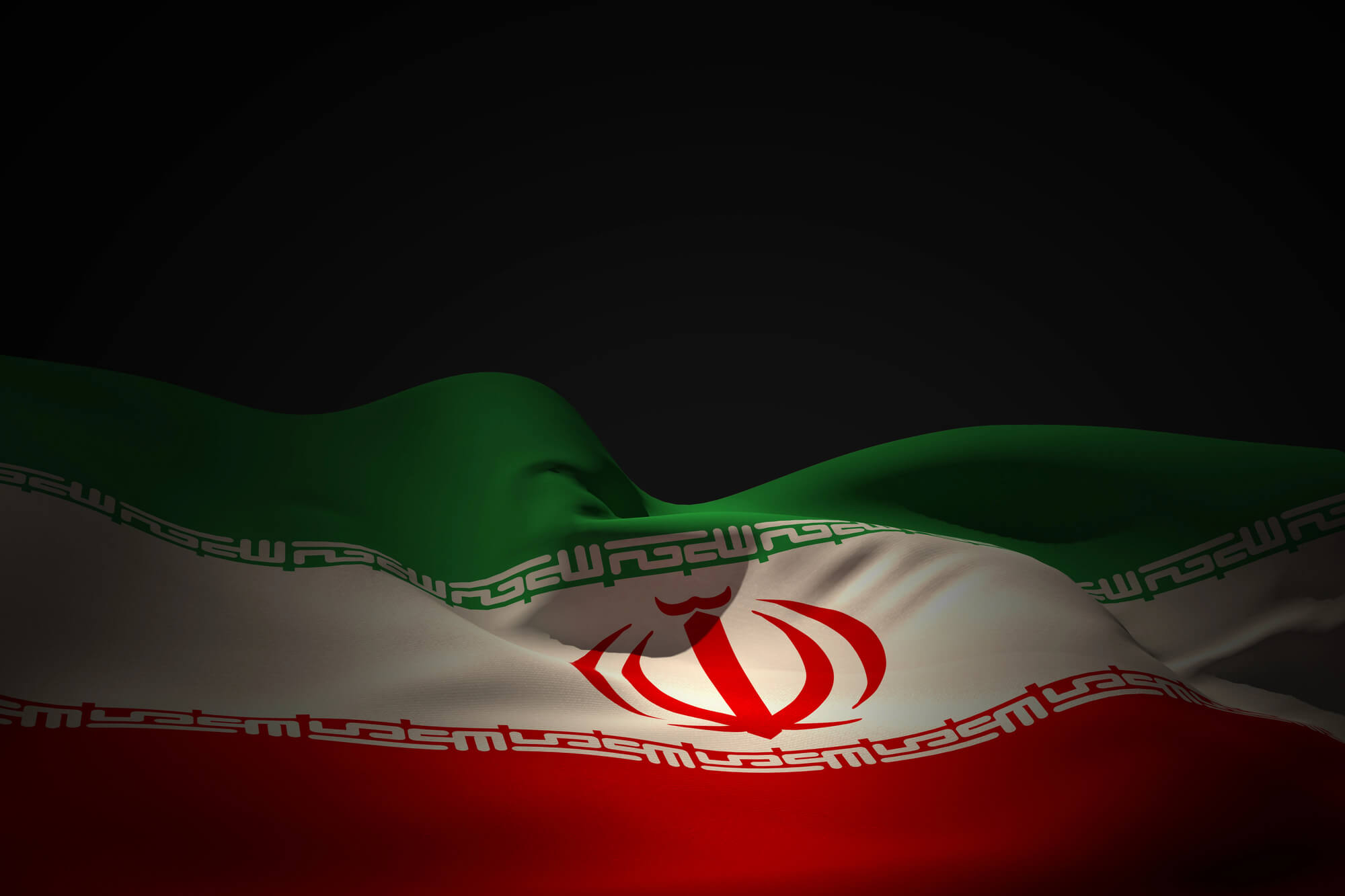On June 30, 2021, Russian President Vladimir Putin declared that “Ukrainians and Russians are one people.” According to him, Ukraine’s long existence as a part of Russia ensured “the common faith and cultural traditions” and “linguistic affinity.” Because of these commonalities, Putin nullified the possibility that Ukrainians could have developed their own cultural or national identity. However, even though many experts take this assertion as Russia’s political game (Düben, 2020), most agree that the two countries are characterized by a lot of similarities and share identity along many visible dimensions, such as religion, language, and race.
Despite a lot of studies that compare the two nations, there is still a question of whether Ukraine’s contemporary society is similar to Russia’s? Could speaking the same language and having the same religion have led to developing identical values and preferences in both countries? My analysis clarifies this issue by examining if Ukrainians can be considered similar or different to Russians. To achieve this objective, I juxtapose various measures of values and attitudes between the two countries. The comparative approach is expected to help define critical markers that create a clear divide between the two societies. My primary data source is the World Values Survey (WVS) which contains a wide range of questions approximating respondents’ values and attitudes toward politics, economy, and society. I use the most recent, seventh wave that has been conducted in 2020 in Ukraine and 2017 in Russia. The juxtaposition is based on comparing the percentage of respondents who answered positively to the selected questions (see Figure 1 and Table 1 at the end of the text).
Figure 1.
Source: World values survey. Only statistically different indicators are shown
Most studies on Ukraine commence by referring to how Ukrainian society is linguistically divided (Peacock, 2015). Indeed, around 40 percent of Ukrainian respondents declared that they use Russian to communicate at home. In contrast, Russia appeared to be more linguistically homogenous: 93 percent of respondents chose Russian as their primary language of communication.
Another noticeable difference between Ukraine and Russia lies in respondents’ confidence levels in various state institutions. According to the WVS, Russians held very high levels of institutional trust in contrast to Ukrainians. In particular, 42 percent of respondents declared to trust their parliament in Russia, while only 19 percent did so in Ukraine. 55 percent of respondents, while for Ukraine these shares were 20% and 19% respectively. Trust in the court system reached 48% in Russia and just 22% in Ukraine.
The high levels of institutional trust were combined with two other distinct features of Russian society – high levels of nationalism (measured as national pride) and their evaluation of the level of democracy. Russians displayed a higher level of nationalism than Ukrainians: 91 percent of respondents in Russia were proud to be Russians, while this percentage reached 86 percent in Ukraine. Russians were also more likely to believe that they live in a more democratic state than Ukrainians despite many international organizations reporting higher democracy scores for Ukraine than Russia (Freedom House’s democracy score equals 3.36 for Ukraine and 1.39 for Russia).
Now, I want to draw your attention to an interesting fact that lays the foundation for a clear divide between the two societies. Even though Ukrainians showed lower institutional trust and nationalism levels and higher linguistic diversity, more respondents declared to feel members of their state, ethnos, and community. More specifically, 95 percent reported feeling Ukrainians in Ukraine. This percentage was only 87 in Russia. 86 percent responded positively to the question about feeling citizens in Ukraine, while only 81 percent did so in Russia. 85 percent of Ukrainians as opposed to 80 percent of Russians feel members of their local community. Finally, 31 percent of people declared that they trusted other individuals in Ukraine, while only 24 percent were ready to do so in Russia.
The critical divide between Ukraine and Russia thus lies in attachment of residents to the state or the society. People are more connected with the state in Russia, while in Ukraine they feel belonging to the society. Ukrainian society seems to be more mature than the Ukrainian state. Of course, this is not surprising given Ukraine’s long experiences as an occupied country, initially by the Russian Empire and then by the Soviet Union (both granting a secondary role to Ukrainians and Ukraine as a nation). Russia’s long-lasting occupation of Ukraine could result in the state and its policies being often perceived by Ukrainians as foreign (Chayinska et al. 2021).
Thus, Ukraine is first of all its people. This suggests that under the long-lasting Russian occupation Ukrainians, who existed independently of the state, could have developed their own values and preferences different from those of Russians’. Let’s look at this issue in more detail.
Two distinct features characterize the adherence to the state in Russia. First, Russia’s high trust in the state and its authorities coexists with shallow moral standards among the population. By contrast, Ukrainian respondents show more responsible attitudes as citizens and taxpayers despite low institutional trust. In particular, 67 and 72 percent of Ukrainians never justified claiming unentitled benefits from the state or cheating on taxes. In the case of Russia, these numbers were significantly lower - only 60 and 66 percent respectively. Furthermore, 65 percent of Ukrainians and only 45 percent of Russians couldn’t justify avoiding to pay a fare on public transport. 90 percent found stealing other’s property immoral in Ukraine, while this percentage was only 84 in Russia. The two countries were similar only in the percentage of people who disapproved of accepting a bribe. Second, high institutional trust was associated with higher tolerance to the idea of the authoritarian state accepted by the majority of Russian population. More specifically, 63 percent of people in Russia agreed that the government has the right to survey them secretly, while only 51 percent did so in Ukraine. 27 percent of Russian respondents would allow their government to check emails or other correspondence, while only 14 percent would allow this in Ukraine. 24 percent of Russians agreed to allow their government to secretly collect information about them, while only 20 percent did so in Ukraine.
By contrast, Ukrainians’ adherence to an inclusive society rests on a stronger preference for freedom and pro-democratic liberal values. In 2020, Ukrainians viewed freedom as non-tradable even with security and equality: 70 percent agreed that freedom is more important than equality and 31 percent declared that freedom is more important than security. In Russia, only 55 and 24 percent of respondents put forward freedom over equality and security respectively. Lastly, the aspiration for freedom is combined with a low level of violence among Ukrainians. Only 10 percent of them admitted that war could be necessary to obtain justice, while this percentage amounted to over a quarter in the case of Russia.
Additionally, Ukrainians hold more pro-democratic and liberal values than Russians (Brudny and Finkel, 2011). 82 percent of Ukrainians considered democracy indispensable as a form of governance, while only 74 percent did so in Russia. Preferences for competition and private ownership were also stronger in Ukraine. At the same time, Ukrainians are more supportive of income equality than Russians.
Along with pro-democracy and pro-liberal attitudes Ukrainians express higher confidence toward the West. 45 and 60 percent of Ukrainians trust NATO and the United Nations compared to only 16 and 28 percent of Russians. These numbers confirm the previous findings that the conflict in the East of Ukraine contributed to setting Ukrainian society on an ultimate path toward the West (Chaisty and Whitefield, 2017; McGlynn, 2020).
Inclusive society, freedom, non-violence, pro-democratic attitudes, intolerance to authoritarianism, and high moral standards are vital features that characterize Ukrainian society. These are also essential markers that draw a clear border between Ukrainians and Russians. Thus, we can summarize our findings as follows.
First, the population of Russia is more attached to its state, resulting in very high levels of nationalism and institutional trust. By contrast, Ukraine was defined by people as a highly trusting and inclusive society that allowed high levels of ethnic, civic, and communal identification among the residents of Ukraine. The war against Ukraine is hence the war against Ukrainians - the war against 95 percent of individuals who feel Ukrainians in Ukraine and whom Putin wants to denationalize.
Second, Ukraine’s long history of occupation by Russia can justify the people's aspiration for the West and the high values that Ukrainians assign to freedom and non-violence. In Russia, by contrast, freedom is substantially less valued, and the majority of the population shows significant tolerance to authoritarian methods of dealing with citizens. This suggests that Ukrainians should not expect a lot of understanding or support from the Russian people. Russians’ high trust in the state, combined with tolerance to authoritarianism, may result in citizens accepting what Putin says about Ukraine and how he presents his war in Ukraine. Those in the opposition will end up in a cemetery or jail without having a chance to influence public opinion.
Third, Ukrainians hold more pro-democratic and liberal values than Russians while also showing higher moral standards as citizens and taxpayers. Russians may have a very distinct understanding of democracy but still they value democracy and liberalism less. Russia’s ongoing invasion of Ukraine can hence be understood as the war against more democratic and liberal forms of governance and a way of suppressing Western values in Ukraine. Given Russians’ values and attitudes, having Putin in Ukraine could only mean having a dictatorship where the majority of the population plunges into poverty and any resistance to it can be suppressed by shooting at people who dare to raise their voice against the incumbent power and their policies, as it was the case in Kazakhstan.
Table 1. A juxtaposition of perceptual and attitudinal variables between Ukraine and Russia
| Ukraine | Russia | T-test of the difference in the means | ||
| Difference | t-value | |||
| Language spoken at home | ||||
| Russian | 0.392 | 0.930 | -0.538*** | -39.266 |
| Ukrainian | 0.596 | 0.000 | 0.596*** | 51.402 |
| Other | 0.012 | 0.070 | -0.058*** | -7.825 |
| Political preferences | ||||
| Confidence in the parliament | 0.186 | 0.419 | -0.233*** | -13.429 |
| Confidence in the government | 0.202 | 0.548 | -0.346*** | -20.034 |
| Confidence in the political parties | 0.190 | 0.341 | -0.151*** | -8.838 |
| Confidence in the courts | 0.217 | 0.479 | -0.262*** | -14.700 |
| National pride | 0.855 | 0.912 | -0.057*** | -4.853 |
| Democracy score | 0.504 | 0.570 | -0.066*** | -6.863 |
| Dimensions of self-identification | ||||
| The respondent feels | ||||
| Russian | 0.037 | 0.866 | -0.829*** | -58.967 |
| Ukrainian | 0.951 | 0.003 | 0.948*** | 83.765 |
| Other | 0.012 | 0.131 | -0.119*** | -10.234 |
| Feel citizen | 0.859 | 0.809 | 0.050*** | 3.644 |
| Feel community member | 0.852 | 0.798 | 0.054*** | 4.142 |
| Trust others | 0.307 | 0.239 | 0.068*** | 4.508 |
| Dominant moral standards | ||||
| Never justifiable to claim unentitled benefits | 0.668 | 0.598 | 0.070*** | 3.643 |
| Never justifiable to steal others’ property | 0.902 | 0.835 | 0.067*** | 4.820 |
| Never justifiable to avoid paying the fare in a public transport | 0.650 | 0.453 | 0.197*** | 10.709 |
| Never justifiable to cheat on taxes | 0.718 | 0.656 | 0.062*** | 3.315 |
| Never justifiable to accept a bribe | 0.832 | 0.817 | 0.015 | 0.764 |
| Tolerance to the government’s control | ||||
| The government has the right to keep people under surveyance | 0.505 | 0.631 | -0.126*** | -7.051 |
| The government has the right to monitor emails and correspondence | 0.143 | 0.268 | -0.125*** | -8.319 |
| The government has the right to collect information about others | 0.201 | 0.241 | -0.040*** | -2.992 |
| Preference for liberal democracy | ||||
| Competition is good | 0.572 | 0.493 | 0.079*** | 3.490 |
| Incomes should be made equal | 0.261 | 0.204 | 0.057*** | 3.388 |
| Private ownership should be increased | 0.441 | 0.392 | 0.049*** | 2.422 |
| Democracy is important | 0.821 | 0.737 | 0.084*** | 10.156 |
| Preference for freedom and non-violence | ||||
| Freedom is more important than equality | 0.703 | 0.545 | 0.158*** | 8.027 |
| Freedom is more important than security | 0.313 | 0.244 | 0.069*** | 3.827 |
| Under some conditions, war is necessary to obtain justice | 0.103 | 0.259 | -0.156*** | -8.003 |
| Confidence to the West | ||||
| Confidence in NATO | 0.436 | 0.163 | 0.273*** | 15.049 |
| Confidence in the United Nations | 0.595 | 0.282 | 0.313*** | 16.202 |
References
Brudny, Y. M., & Finkel, E. (2011). Why Ukraine is not Russia: Hegemonic national identity and democracy in Russia and Ukraine. East European Politics and Societies, 25(4), 813–833.
Chaisty, P., & Whitefield, S. (2017). Citizens’ attitudes towards institutional change in contexts of political turbulence: Support for regional decentralisation in Ukraine. Political Studies, 65(4), 824–843.
Chayinska, M., Kende, A., & Wohl, M. J. A. (2021). National identity and beliefs about historical linguicide are associated with support for exclusive language policies among the Ukrainian linguistic majority. Group Processes & Intergroup Relations. Epub ahead of print 27 March 2021.
Düben, B. A. (2020). “There is no Ukraine”: Fact-checking the Kremlin’s version of Ukrainian history. Retrieved March 15, 2021, from blogs.lse.ac.uk.
McGlynn, J. (2020). Historical framing of the Ukraine Crisis through the Great Patriotic War: Performativity, cultural consciousness and shared remembering. Memory Studies, 13(6), 1058–1080.
Peacock, E. A. (2015). National identity and language: Class differences among youth in Western Ukraine. Global Studies of Childhood, 5(1), 59–73.
Attention
Автор не є співробітником, не консультує, не володіє акціями та не отримує фінансування від жодної компанії чи організації, яка б мала користь від цієї статті, а також жодним чином з ними не пов’язаний



